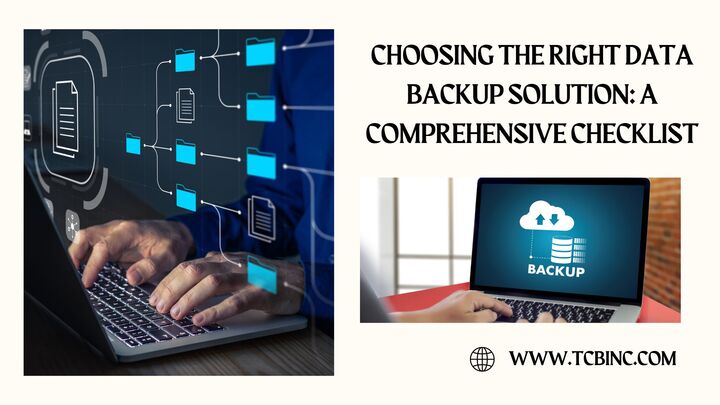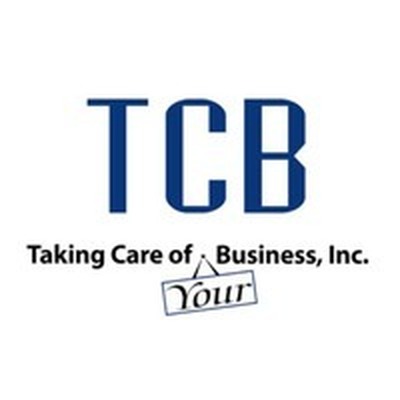Choosing the Right Data Backup Solution: A Comprehensive Checklist
Body

In the dynamic landscape of digital information, safeguarding your data is paramount. Choosing the right data backup solution is a critical decision that can make the difference between seamless recovery and irreparable loss. To help you navigate this crucial process, we've compiled a comprehensive checklist that covers the key factors to consider when selecting a data backup solution.
Assess Your Data Needs:
Before diving into the world of backup solutions, evaluate the volume and types of data your organization generates and manages. Consider factors such as file size, data growth rate, and the criticality of different data sets.
Define Recovery Objectives:
Clearly outline your recovery objectives, including Recovery Time Objective (RTO) and Recovery Point Objective (RPO). RTO specifies the acceptable downtime, while RPO indicates the maximum data loss tolerable. Align these objectives with your business continuity and disaster recovery plans.
Security and Compliance:
Ensure that the data backup solution adheres to industry standards and compliance regulations relevant to your business. Encryption, both in transit and at rest, is crucial for securing sensitive data. Confirm that the chosen solution supports the necessary security protocols.
Scalability:
Consider the scalability of the backup solution to accommodate the evolving needs of your organization. A solution that can seamlessly grow with your data requirements will save you from the hassle of frequent migrations.
Backup Frequency and Automation:
Assess the flexibility of backup schedules and the level of automation offered by the solution. Regular, automated backups reduce the risk of data loss and ensure that critical information is always up-to-date.
Storage Infrastructure:
Examine the storage infrastructure options provided by the backup solution. Whether it's on-premises servers, cloud-based storage, or a hybrid approach, choose a solution that aligns with your organization's infrastructure and data access requirements.
Ease of Recovery:
Evaluate the ease and speed of data recovery. A user-friendly interface and quick access to backed-up data are crucial during times of crisis. Look for features like point-in-time recovery and granular recovery options.
Cost Considerations:
Understand the total cost of ownership, including licensing fees, storage costs, and any additional expenses. Balance the features offered with your budget constraints to ensure a cost-effective solution.
Vendor Reputation and Support:
Research the reputation of the backup solution provider. Look for customer reviews, testimonials, and case studies. Additionally, assess the quality of customer support and the availability of documentation and training resources.
Testing and Verification:
Regularly test the backup solution to ensure its reliability. Verify the restoration process and confirm that backups are successfully and consistently recoverable. Regular testing helps identify and address potential issues proactively.
Choosing the right data backup solution requires a careful consideration of your organization's unique needs and priorities. By systematically evaluating these key factors, you can make an informed decision that aligns with your business goals and ensures the resilience of your data in the face of unforeseen challenges. Remember, investing time in selecting the right solution today can save you from significant headaches in the future.










Comments